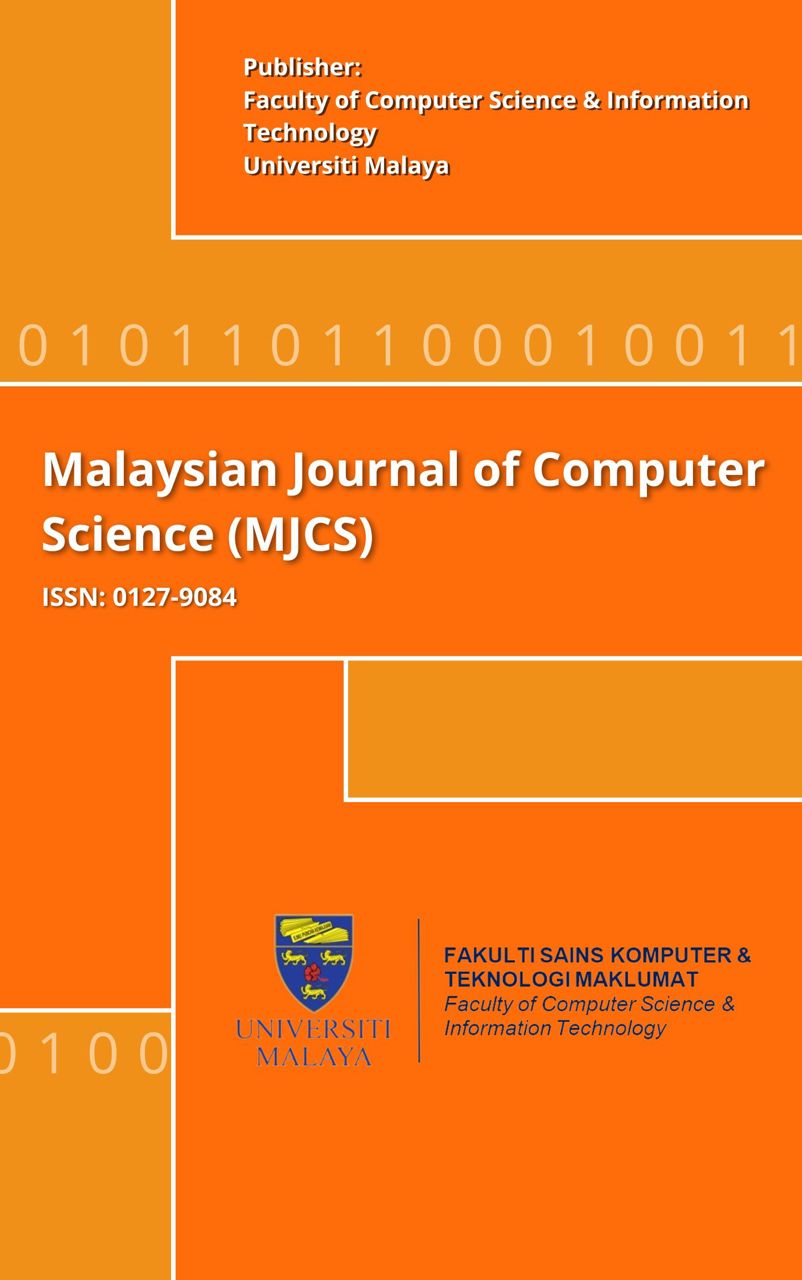DISINFORMATION DETECTION ABOUT ISLAMIC ISSUES ON SOCIAL MEDIA USING DEEP LEARNING TECHNIQUES
DOI:
https://doi.org/10.22452/mjcs.vol36no3.3Keywords:
Disinformation Detection, Fake News, Social Media, Deep Learning, Islamic DomainAbstract
Nowadays, many people receive news and information about what is happening around them from social media networks. These social media platforms are available free of charge and allow anyone to post news or information or express their opinion without any restrictions or verification, thus contributing to the dissemination of disinformation. Recently, disinformation about Islam has spread through pages and groups on social media dedicated to attacking the Islamic religion. Many studies have provided models for detecting fake news or misleading information in many domains, such as political, social, economic, and medical, except in the Islamic domain. Due to this negative impact of spreading disinformation targeting the Islamic religion, there is an increase in Islamophobia, which threatens societal peace. In this paper, we present a Bidirectional Long Short-Term Memory-based model trained on an Islamic dataset (RIDI) that was collected and labeled by two separate specialized groups. In addition, using a pre-trained word-embedding model will generate Out-Of-Vocabulary, because it deals with a specific domain. To address this issue, we have retrained the pre-trained Glove model on Islamic documents using the Mittens method. The results of the experiments proved that our proposed model based on Bidirectional Long Short-Term Memory with the retrained Glove model on the Islamic articles is efficient in dealing with text sequences better than unidirectional models and provides a detection accuracy of 95.42% of Area under the ROC Curve measure compared to the other models.






